Imane Khelif’s childhood in Algeria, where her father defends her right to box
As she grew up, the woman at the heart of the Olympics gender row was told by a conservative society that she couldn’t be a boxer because she was female.
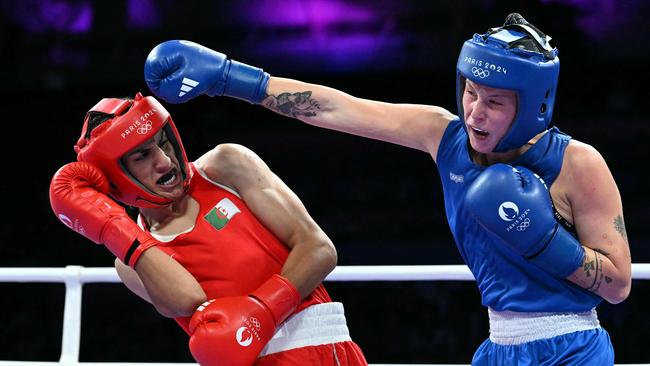
After years of being told by a conservative society that she could not be accepted as a boxer because she was female, Imane Khelif never imagined as a young girl that she would compete at the Olympics for her country.
Over the weekend she guaranteed herself an Olympic medal while being at the centre of an international controversy over her right to fight.
Her participation in the Paris Games has prompted interventions from figures including Elon Musk, JK Rowling and the Italian prime minister — all of whom think she has an unfair advantage over her fellow female fighters.
She beat the Hungarian boxer Luca Anna Hamori, meaning she has progressed to the semi-finals, where she will meet Thailand’s Janjaem Suwannaphen. As two bronze medals are awarded in Olympic boxing, she will leave with a medal.
While walking through the media mixed zone, Khelif said: “I am a woman.”
Speculation over Khelif’s gender circulated following her win against Italian opponent Angela Carini, who abandoned their fight after 46 seconds following a punch to the face. In posts online, some inaccurately identified Khelif as a trans woman and politicians condemned the Olympics for allowing her to compete.

This weekend her father, Amar, spoke from the family home in Algeria and backed his 25-year-old daughter and insisted that she was born female and she should compete as such.
Showing her birth certificate and family photographs to the media, he said: “My child is a girl. She was raised as a girl. She is a strong girl. I raised her to work and be brave. Having such a daughter is an honour because she is a champion, she honoured me and I encourage her and I hope she will get the medal in Paris.”
However, the controversy has not died down and dominated press conferences in Paris on Saturday. Thomas Bach, the president of the International Olympic Committee, said that there was “no doubt” Khelif was a woman. He called the criticism “politically motivated” by a “cultural war”.
Nicola Adams, a former British Olympic boxing champion, is among those to have waded in on the debate, saying it was “unfair” and “dangerous” that “people not born as biological women” were allowed to compete in women’s sport.
But in Algeria, a conservative Muslim country where any deviation from gender norms is taboo, the speculation surrounding Khelif’s gender could have serious ramifications for her family and friends. Conversations on gender, sexuality and adherence to gender norms are shrouded in shame.

The Algerian Olympic Committee was quick to condemn the “unethical targeting and maligning” of Khelif “with baseless propaganda”, while the nation’s football team reposted a photo of Carini in tears with the caption “cry more”.
“The Algerian boxer was born female, was registered female, lived her life as a female, boxed as a female, has a female passport,” the International Olympic Committee (IOC) spokesman Mark Adams said on Friday. “This is not a transgender case.”
Khelif and Carini, meanwhile, have both tried to calm the controversy. Carini later apologised for refusing to shake Khelif’s hand after the fight, telling Italian media: “I want to apologise to her and everyone else … All this controversy makes me sad.”
Khelif told her friend Youcef Zaghba, an Algerian journalist who has known her since childhood, that she wasn’t fazed by what had happened.
“I thank the people who are supporting me from around the world and I am focusing on my goal of winning gold,” she said.
From poverty to Olympic fame
Raised in the small village of Biban Mesbah in Tiaret, a town about 300km from Algiers, Khelif had a difficult childhood.
Khelif was born in 1999, towards the end of the Algerian civil war. Her father, Amar, worked as a welder but struggled to find work. The eldest of five children — she has two brothers and two sisters — Khelif used to sell bread to support her family.
But she excelled in sport from a young age, playing football with her classmates despite their protests that it wasn’t an appropriate activity for a girl.
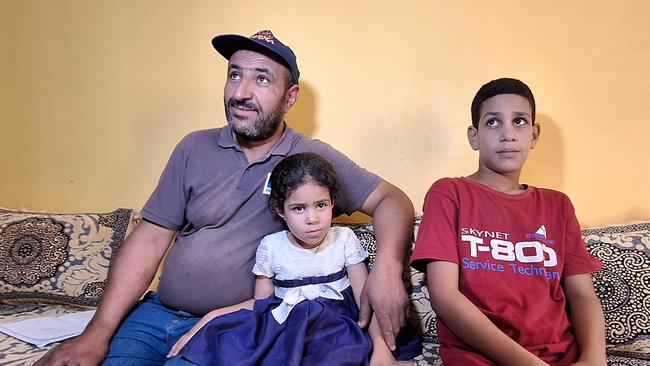
The boys of the village, threatened by her talent, would pick fights with her, but this only revealed her skills as a fighter and her ability to avoid a punch.
Mohamed al-Shawa, a boxing coach from the same region as Khelif, heard of her talent and offered to support her to pursue her dreams, Zaghba said. He bought her sports clothing and school supplies, encouraging her to train as a boxer. Today, he is coaching her at the Olympics. She describes him as a “father figure”.
She had to travel 10km to the nearest boxing gym, raising the money for transport by selling scrap metal while her mother sold couscous.
Financial pressure was not the only obstacle to her success: there was also the social pressure to adhere to strict gender norms.
“At the beginning of my career, I felt that I couldn’t continue … because my family didn’t accept the idea at all,” she told the Algeria Press Service in 2022. “The way society looked at me made me think that I had done something wrong by practising my sport.”
She overcame those doubts through sheer determination, saying that the barriers only “made me stronger and were an extra motivation to achieve my dream”.
Khelif left school in her teens to pursue boxing full time, a move that her family were initially against. But after receiving $150 for winning a national championship — money she spent on clothes for her family — they began to accept the idea that their daughter had a real future as an athlete.
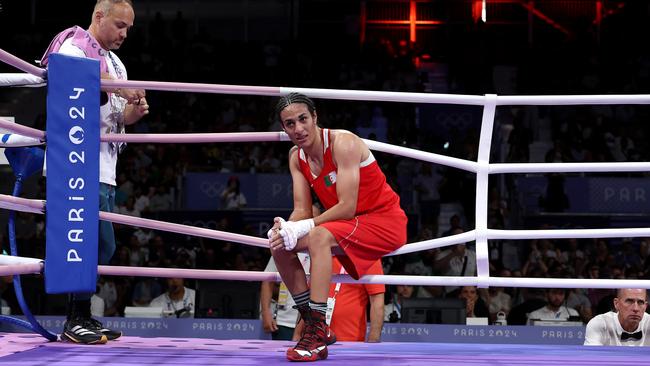
She entered the world of international competitions in 2018, coming 17th in the International Boxing Association (IBA) Women’s World Boxing Championships in Delhi, dropping to 33rd when she competed in Russia a year later.
Achieving her dream of being the first female boxer to represent her country in the Olympics, she competed in the Tokyo 2020 Games, missing out on a medal after being defeated by Ireland’s Kellie Harrington in the quarter-finals, who has not commented on this week’s controversy.
In 2022, after reaching the IBA final, she was soundly beaten by another Irish boxer, Amy Broadhurst. “Personally I don’t think she has done anything to ‘cheat’,” Broadhurst wrote on Twitter/X on Wednesday. “I think it’s the way she was born and that’s out of her control. The fact that she has been beaten by nine females before says it all.”
Khelif reached the IBA final again in the women’s championships in 2023, but was disqualified for failing to meet the association’s eligibility criteria, the specifics of which remain unknown.
Sex testing at the Olympics began in 1968 but was abolished in 2000. The IOC now leaves it up to individual sports governing bodies to determine their own eligibility rules.
A few months after her disqualification, the IOC revoked the Olympic status of the IBA over concerns regarding perceived judging and refereeing corruption.
The Russian owner of the IBA, Umar Kremlev, had moved the association’s operations to Russia and brought in the state-owned energy company Gazprom as its primary sponsor.
The revocation of their status meant that, for this year’s Olympics, athletes would be subject to the IOC’s eligibility criteria. Khelif passed. The IOC’s criteria is understood to be primarily based on the gender stated on the competitor’s passport.
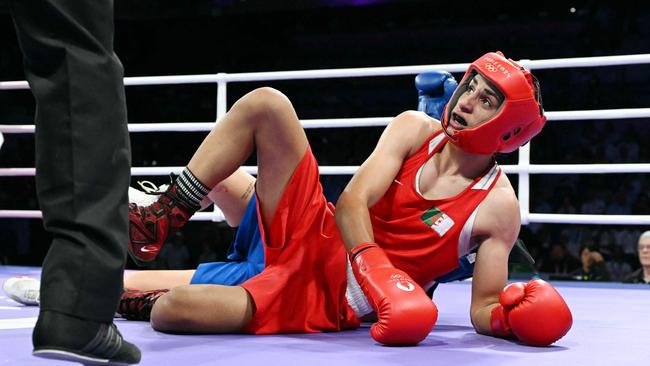
In a statement released on Wednesday, the IBA confirmed that Khelif “did not undergo a testosterone examination” but was subject to a “separate and recognised test, whereby the specifics remain confidential”. There remains no evidence that Khelif has either XY chromosomes or elevated testosterone levels.
On Thursday, the IOC released a statement defending its decision to allow Khelif to box, saying that the IBA’s decision to disqualify her was “taken without any proper procedure”.
There has been further speculation that Khelif may have a rare condition known as difference in sex development (DSD), but no evidence has been made public that this is the case. The IOC’s gender framework documents state that there should be “no presumption of advantage” if an athlete has DSD.
Ahead of her fight with Hamori, the Hungarian posted an image on Instagram portraying Khelif as a horned beast, along with photos of herself in a pink bikini. The Algerian Olympic Committee has complained to the IOC about Hamori’s posts on social media, which have since been deleted.
The Hungarian boxer Luca Anna Hamori, who lost to Khelif in their quarter-final, posted an image on her Instagram portraying her opponent as a horned beast
The Hungarian boxer Luca Anna Hamori, who lost to Khelif in their quarter-final, posted an image on her Instagram portraying her opponent as a horned beast
Following her win over Hamori, she left the ring in tears, commenting to beIN Sports: “This is an issue that touches my dignity and honour, the dignity and honour of all women. The Arab people have known me for many years … The IBA wronged me, but God is with me.”
After accepting an offer from Unicef in January to be an ambassador, she said: “My dream is to win a gold medal. If I win, mothers and fathers can see how far their children can go. I particularly want to inspire girls and children who are disadvantaged in Algeria.”
The Times



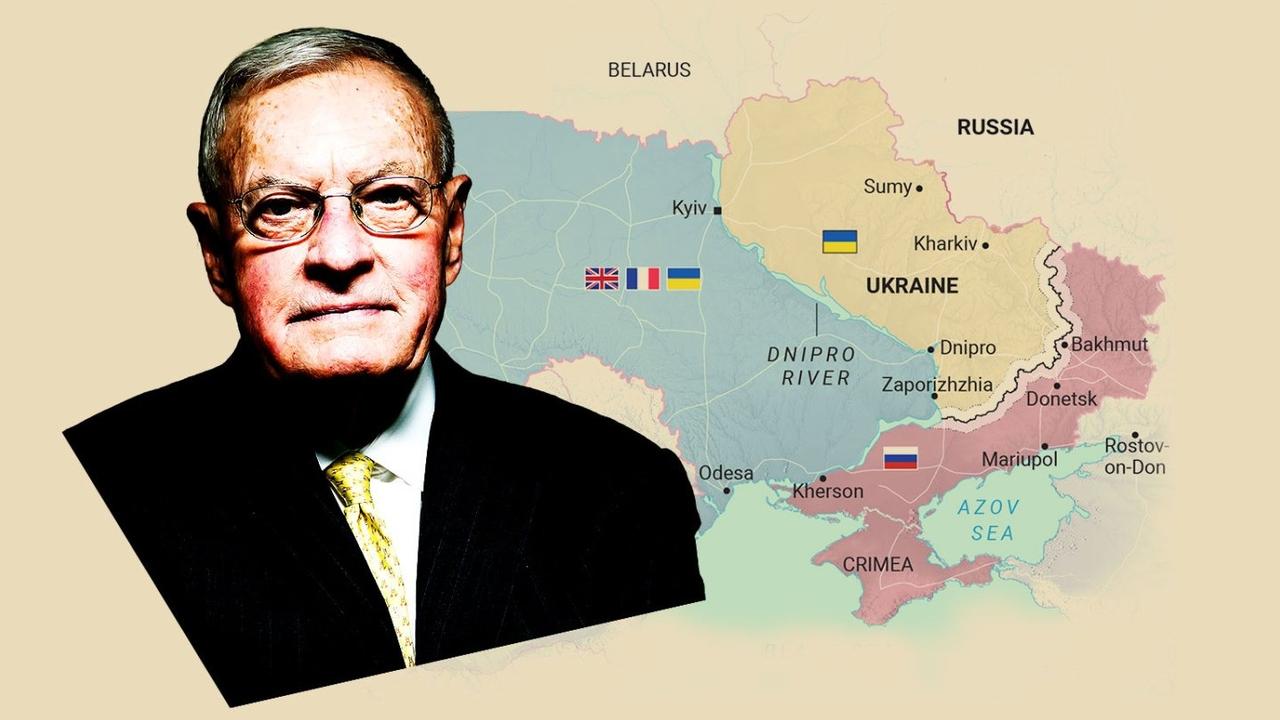
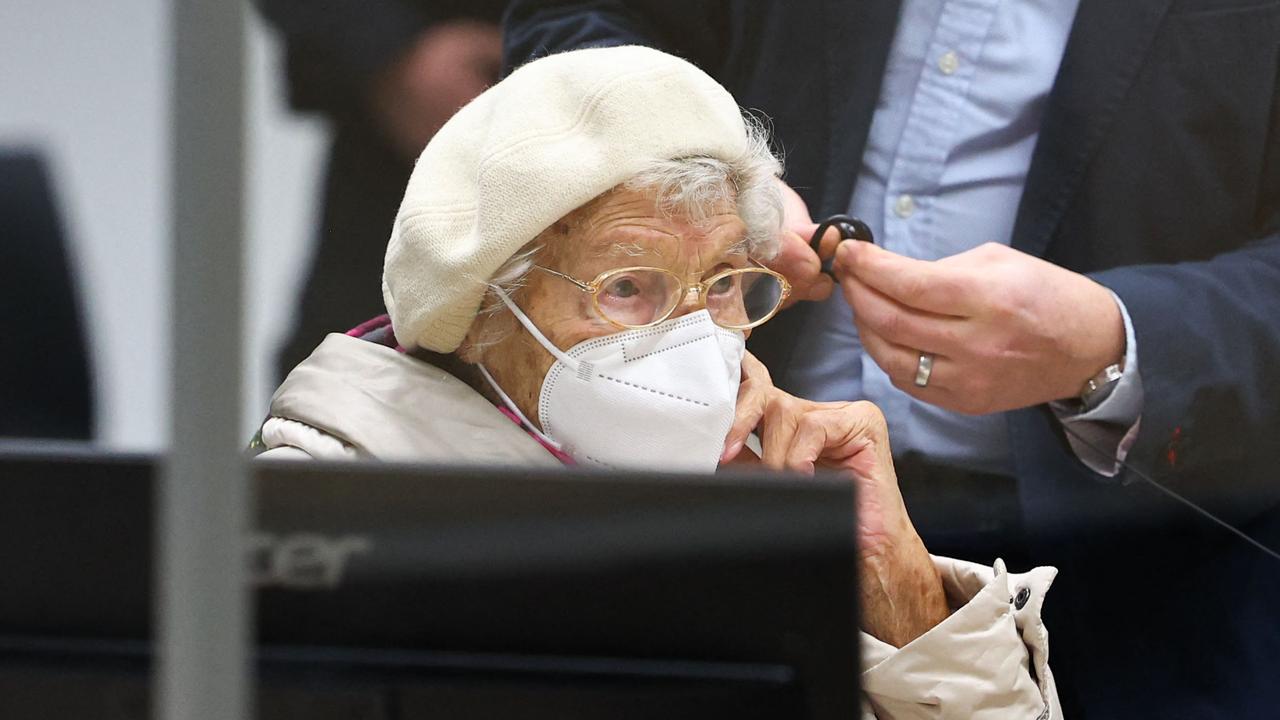
To join the conversation, please log in. Don't have an account? Register
Join the conversation, you are commenting as Logout